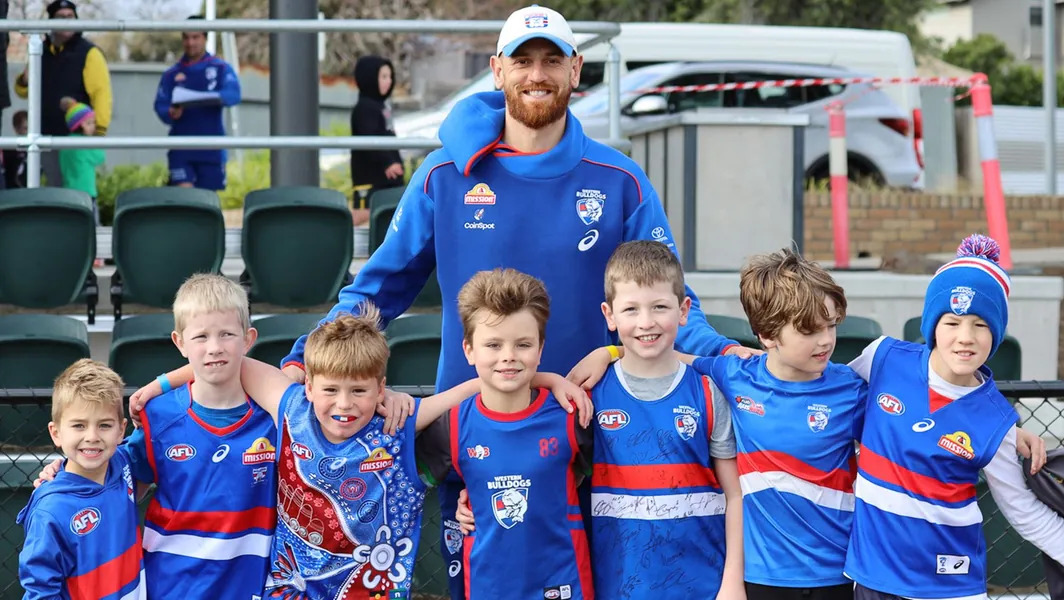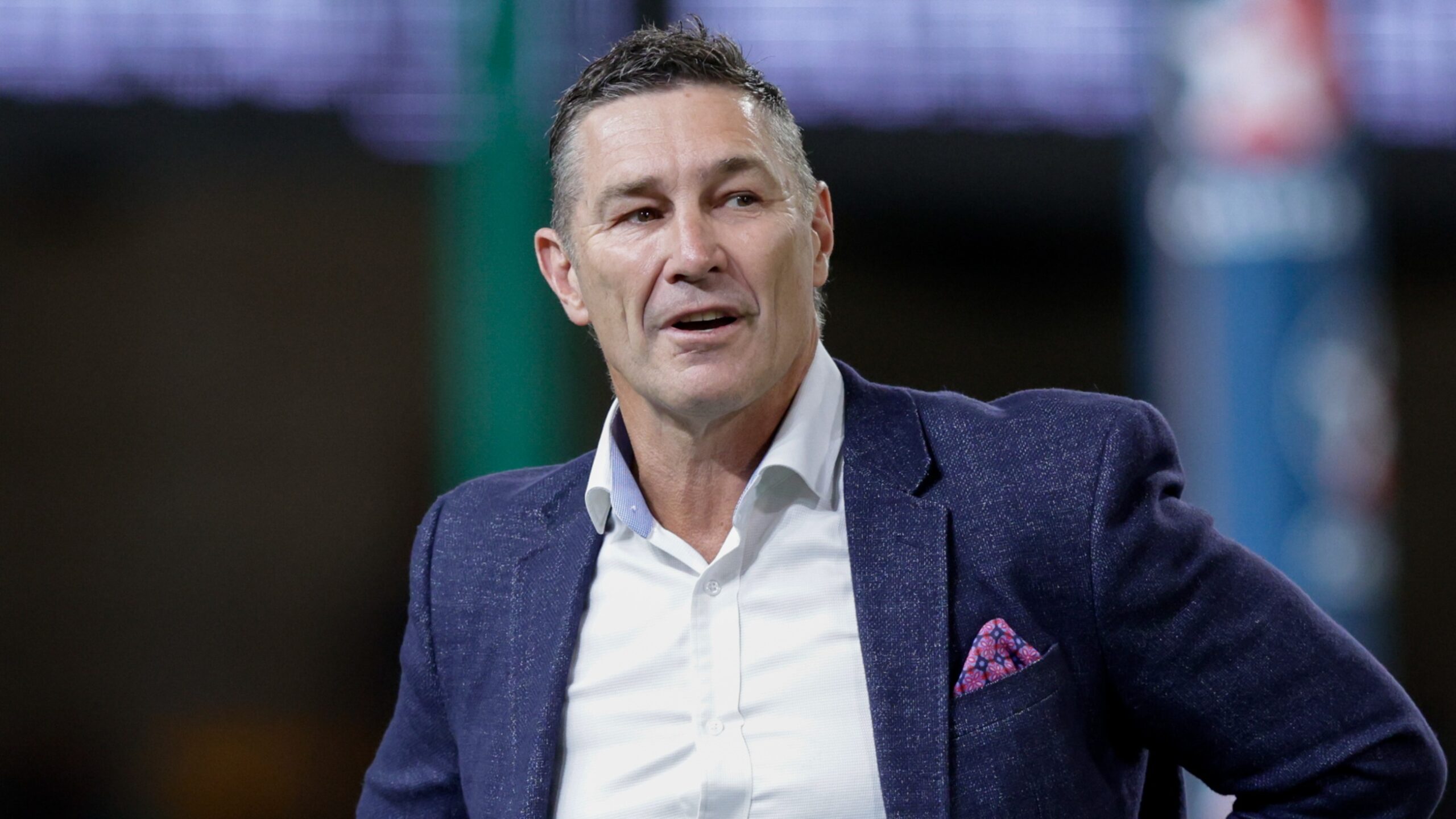DFL initiates third attempt to secure private equity investment for Bundesliga media rights

The German soccer league (DFL) is set to make its third attempt to sell a stake in the media rights for its top two divisions to private equity investors, aiming for a majority vote from its clubs to proceed with an auction.
The 36 clubs in the Bundesliga and second-tier 2. Bundesliga will vote on December 11 on whether to enter a strategic partnership with a private equity firm and sell a share in their commercial rights.
The DFL plans to seek an investment of up to €1 billion, a reduced figure from its previous target, likely offering a stake below 10 percent. The potential sale must be concluded before April, as the league plans to market its next cycle of domestic broadcasting rights for the 2025-2026 to 2028-2029 seasons.
In May, the Bundesliga and 2. Bundesliga clubs voted against talks with private equity firms for a potential stake in their media rights business. The DFL’s previous plan involved private investment of around €2 billion for a 12.5% stake in a subsidiary called DFL MediaCo, managing and selling broadcast rights for 20 years.
The DFL received interest from private equity firms, including CVC Capital Partners, Blackstone, KKR, EQT and Advent. Despite the earlier rejection, the league remains committed to exploring investment opportunities, addressing concerns from smaller clubs and eliminating special dividends to ensure fair compensation.
The move comes as the Bundesliga aims to keep pace with other European competitions in overseas media rights values, considering successful private equity deals in Spain’s LaLiga and France’s Ligue 1. The DFL’s joint CEOs, Marc Lenz and Steffen Merkel, express optimism about continuing discussions and long-term development despite past rejections.
“For us, the importance is around the long-term development and what needs to be done in the short-term and those go hand in hand because obviously right now we have a certain budget that the league is operating on and it’s pivotal to initiate a couple of steps already,” Lenz stated.
“In truth, it’s obviously with a limited budget because it’s coming out of the operating budget that the league has which is different to working with a strategic partner and significant investment that can be used and allocated over a respective time period.”
“Nevertheless, the discussions will continue and they’re two-sided – one with clubs on the long-term development, what needs to be done and what can be done in current financial terms, and the second part is if there is an agreement on the long-term development, how is that going to be financed and when can it be initiated.”
Under the new guidelines, the league aims to address criticism from smaller clubs, ensuring financial compensation while ruling out special dividends, a feature criticised in the previous auction. This marks the DFL’s third attempt to secure an investment deal after abandoning similar efforts in 2021.
Image credit: Steffen Prößdorf
It's free to join the team!
Join the most engaged community in the Sports Business World.
Get all the latest news, insights, data, education and event updates.






